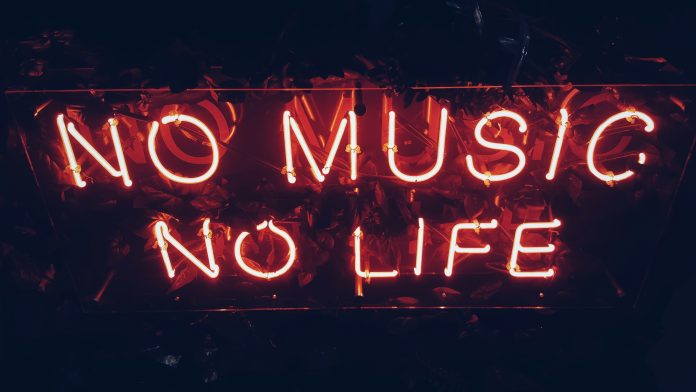The music industry is currently navigating one of its most significant transformations, driven by the rapid rise of artificial intelligence. Tools like Suno AI are making music creation accessible to everyone, while the industry grapples with complex issues of copyright, authenticity, and economic survival.
The AI Music Revolution
Generative AI platforms such as Suno and Udio have dramatically lowered the barrier to music creation. With just a text prompt, anyone can generate complete songs, complete with vocals and instrumentation, in a matter of seconds. This has unlocked new creative possibilities for both amateur and professional musicians.
However, this ease of use has also led to an explosion of AI-generated content. Deezer reported that as of April 2025, about 18% of all tracks uploaded to its platform were fully AI-generated. The quality of this music has improved so rapidly that it’s becoming difficult for the average listener to distinguish it from human-made music. AI-generated “bands” like The Velvet Sundown, which has amassed over a million monthly listeners on Spotify and generates substantial streaming revenue, demonstrate that AI music can achieve viral success.
Industry Disruption and Artist Livelihoods
The influx of AI content presents both an opportunity and an existential threat to the traditional music industry.
- Economic Pressure on Artists: For human artists, especially emerging ones, competing with AI is daunting. AI can produce music at a volume and cost that humans cannot match. As one artist expressed, it’s “discouraging” to see a non-existent band gain significant social media traction and income. Platforms may find it financially appealing to promote cheaper, AI-generated content, potentially shrinking the royalty pool for human creators.
- Legal Battles over Copyright: The core of the conflict lies in how AI models are trained. Major record labels, including Sony, Universal, and Warner, have sued AI companies like Suno and Udio, alleging “mass copyright infringement” because their models are trained on vast datasets of existing music without licenses. The outcome of these lawsuits will fundamentally shape the future of AI in music, determining whether artists and labels have control and receive compensation for the use of their work in training AI.
Fighting Back: Protection and Transparency
In response to these challenges, the industry is developing tools and policies to protect human artistry and ensure transparency.
- Spotify’s New Safeguards: In late 2025, Spotify announced a series of measures to create a more trustworthy ecosystem. These include:
- Stronger Impersonation Rules: A new policy explicitly bans unauthorized AI voice clones, giving artists clearer recourse if their voice is replicated without permission.
- A Music Spam Filter: A system designed to identify and stop recommending tracks that use spammy tactics like mass uploads and SEO hacks, which are often fueled by AI.
- AI Disclosures in Credits: Spotify is supporting a new industry standard that will allow labels and distributors to disclose the role AI played in a track’s creation, providing listeners with much-needed transparency.
- The Human Advocate’s Role: In this evolving landscape, the demand for content that is verifiably human is creating a new niche. While Undetectable AI tools are marketed to help AI-generated text bypass detection, their existence underscores a broader cultural desire for authentic, human-created work. This highlights a potential strategic advantage for human artists: emphasizing the unique emotion, story, and authenticity behind their music.
Conclusion: A Collaborative Future
The rise of AI in music is not a simple story of replacement. Experts suggest it’s more productive to view AI as a powerful tool for augmenting human creativity. Producers and composers may be the “big winners” in this new era, using AI to bypass technical limitations and generate ideas, thus enhancing their productivity and creative exploration.
The fundamental question is not whether AI will be part of the music industry, but how. The goal is a future where technology amplifies the human spirit rather than erases it. The choices made by artists, tech companies, lawmakers, and listeners today will determine whether the industry thrives in a new collaborative form or collapses under the weight of unregulated automation. The fight for the soul of music has truly begun.

